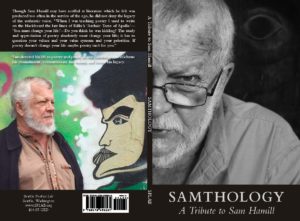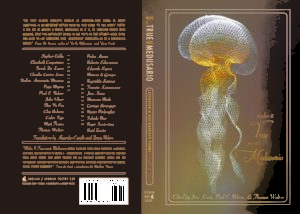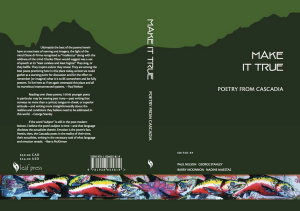From SPLAB Living Room Facilitator Alex Bleecker:
hey breadliners,
wed, may 18th – same bread time, same bread channel – tune in for what looks to be our most ambitious mixing of media to date. we’ve got four phenomenal features for you, all of whom may be incorporating multiple art forms into their performances. followed, as per tradition, by jeremaster of the open mic. sick, right? dig the breadlineup (in no particular order):
thomas walton (prose writer)
scout mackay (singer/songwriter)
the storybox allstar (mixed media/spoken word artists)
leif anderson & ryan mortenson (video/mixed media artists)
+ open mike
wed – may 18 – 7p
vermillion gallery bar
1508 eleventh (pike/pine)
no cover ever
-alex


About Splabman
Poet & interviewer Paul E Nelson founded SPLAB (Seattle Poetics LAB) & the Cascadia Poetry Festival. Since 1993, SPLAB has produced hundreds of poetry events & 600 hours of interview programming with legendary poets & whole systems activists including Allen Ginsberg, Michael McClure, Joanne Kyger, Robin Blaser, Diane di Prima, Daphne Marlatt, Nate Mackey, George Bowering, Barry McKinnon, José Kozer, Brenda Hillman & many others. Paul’s books include American Prophets (interviews 1994-2012) (2018) American Sentences (2015) A Time Before Slaughter (2009) and Organic in Cascadia: A Sequence of Energies (2013). Co-Editor of Make It True: Poetry From Cascadia (2015), 56 Days of August: Poetry Postcards (2017) and Samthology: A Tribute to Sam Hamill (2019) Make it True meets Medusario (2019), he’s presented poetry/poetics in London, Brussels, Nanaimo, Qinghai & Beijing, China, has had work translated into Spanish, Chinese & Portuguese & writes an American Sentence every day. Awarded a residency at The Lake, from the Morris Graves Foundation in Loleta, CA, he’s published work in Golden Handcuffs Review, Zen Monster, Hambone, and elsewhere. Winner of the 2014 Robin Blaser Award from The Capilano Review, he is engaged in a 20 year bioregional cultural investigation of Cascadia and lives in Rainier Beach, in the Cascadia bioregion’s Cedar River watershed.





